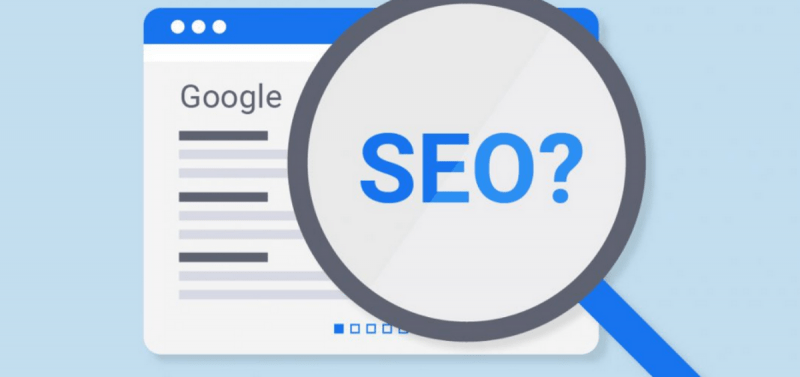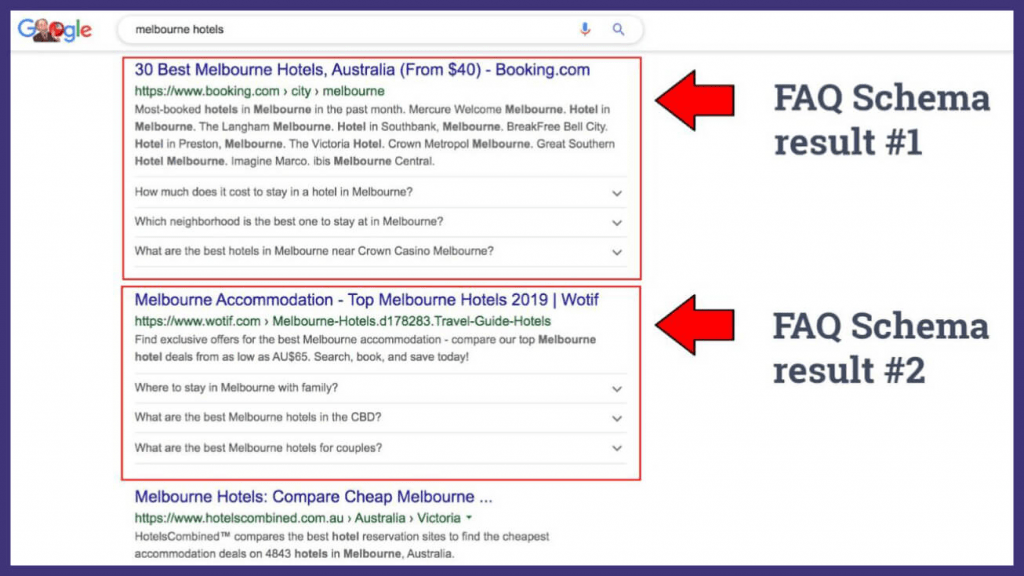5 Types of Schema Markup Hotels Can Use to Improve SEO Performance


Schema Markup is code or semantic vocabulary that site owners put on their websites so to enhance their results in the SERP. Since 2011, all of the top search engines such as Google, Bing, Yahoo and more began collaborating with each other to create Schema.org. The idea of Schema is to help the search engines understand the intent of your site’s content and what it means rather than just what it says. Ever since the introduction of Hummingbird from Google in August of 2013, Schema has become even more important as the search engine began to understand searcher intent rather than just the keywords used in a search. The main aim of this update was to improve the quality of search results for users. Therefore, if you use the correct type of schema in the correct way, you will not only be giving the search engines context for your site’s content but you will also be more likely to appear in more relevant searches. This can be particularly useful for hotels as Schema can give you an opportunity to let the search engine know more info about your hotel, rooms, amenities and more while also informing your potential future guests about your upcoming events, reviews and answer some of your FAQs. Keep reading to find out which types of Schema you should be adding to your hotel website and how it can benefit your click through rate and overall organic performance.
Hotel Schema should be an essential feature to implement on every hotel website. It straight away lets search engines know that your site is for a hotel while it also gives you plenty of opportunity to give the search engine more information about your hotel such as address, phone number, amenities and more. Once you implement hotel schema on your website, it may also enhance or even expand your search results for search queries they think your landing page is relevant to or would be a high quality result for. Schema is not known to directly improve rankings but it can still give you an edge over your competitors as according to Neil Patel,
“Websites that use schema markup will rank better in the SERPs than companies without markup. One study determined that websites with markup rank an average of four positions higher in the SERPs than those without schema markup.”
Hotel Room Schema gives you another layer of hotel exclusive schema you can use to further inform search engines about the different types of hotel rooms you offer. For example, you can generate different code to implement on your individual room types such as Family Rooms, Luxury Suites, Balcony Suites, Penthouse Suites, Twin Rooms etc. The benefit of this Schema is that it allows your web pages to inform the search engine of the types of rooms your hotel is offering and therefore increase the chances of the search engine showing your page higher in the SERP search queries that are exclusively search for family rooms, penthouse suites or hotels with balcony suites etc.
Star Rating is a small amount of code that you can generate and implement on your hotel website that can dramatically increase your CTR. All you need to do is find your Google My Business account and note the average star rating your property has received as well as the amount of reviews your property has received on Google My Business. Using these pieces of data, you can generate your star rating schema and soon after it will begin to appear in your search results.
According to Brewer Digital Marketing,
“The hotel brand websites we work with experience a 40-60% lift in click-through rate from search engine results just by displaying star rating data with Schema.”

In recent years, Google has evolved from being a search engine into an answer engine meaning that most of our questions for Google can be answered within the SERP. This has directly increased the number of zero click searches to the point where searchengineland.com reported in 2019 that 50% of searches end without an organic or paid click. This can affect a website’s CTR but FAQ Schema may be the answer to this problem. FAQ Schema allows you to gather your most frequently asked questions which for hotels are often about check in times, parking facilities, room amenities, cancellation policies and more. By adding FAQ Schema, you can now answer all of these questions within the search engine while it is also a good opportunity to get your USP’s in front of customers’ eyes. FAQ Schema can help your search result take up more space on the Search Engine Result Page which can then help you improve your website’s CTR as it also helps you inform your potential future guests about the most important features and amenities at your hotel. The more informed or educated your site users are about your hotel and amenities, the more likely they are to book a stay with you.

Most hotels can boast exceptional dining experiences and options for guests so why not show these off in the search engine. Restaurant Schema allows you to give Google context about the dining options at your hotel as you can include information such as opening hours, menus, cuisines served, link to book a table and more. You can even take this one step further if your restaurant has a seperate Google My Business listing to your hotel and include star rating schema on your dining or restaurant pages also. This will give Google all of the context they need for your hotel’s dining experiences but it will also create a credible and attractive search result in the SERP for users.
There are plenty of more Schema types that are useful for hotel websites, it just depends on what is relevant for your hotel. You can also add Golf Course Schema, Meeting Room Schema, Event Schema for upcoming events and more. If you need assistance in optimising your hotel website, get in touch with Core Optimisation and our SEO specialists will be happy to help take your hotel website to the next level.
Core Optimisation is a performance-based digital agency which helps you grow your online revenue. Our starting point is always you. We get to know your brand from the inside out and the outside in. If you’re interested in learning more give us a shout!